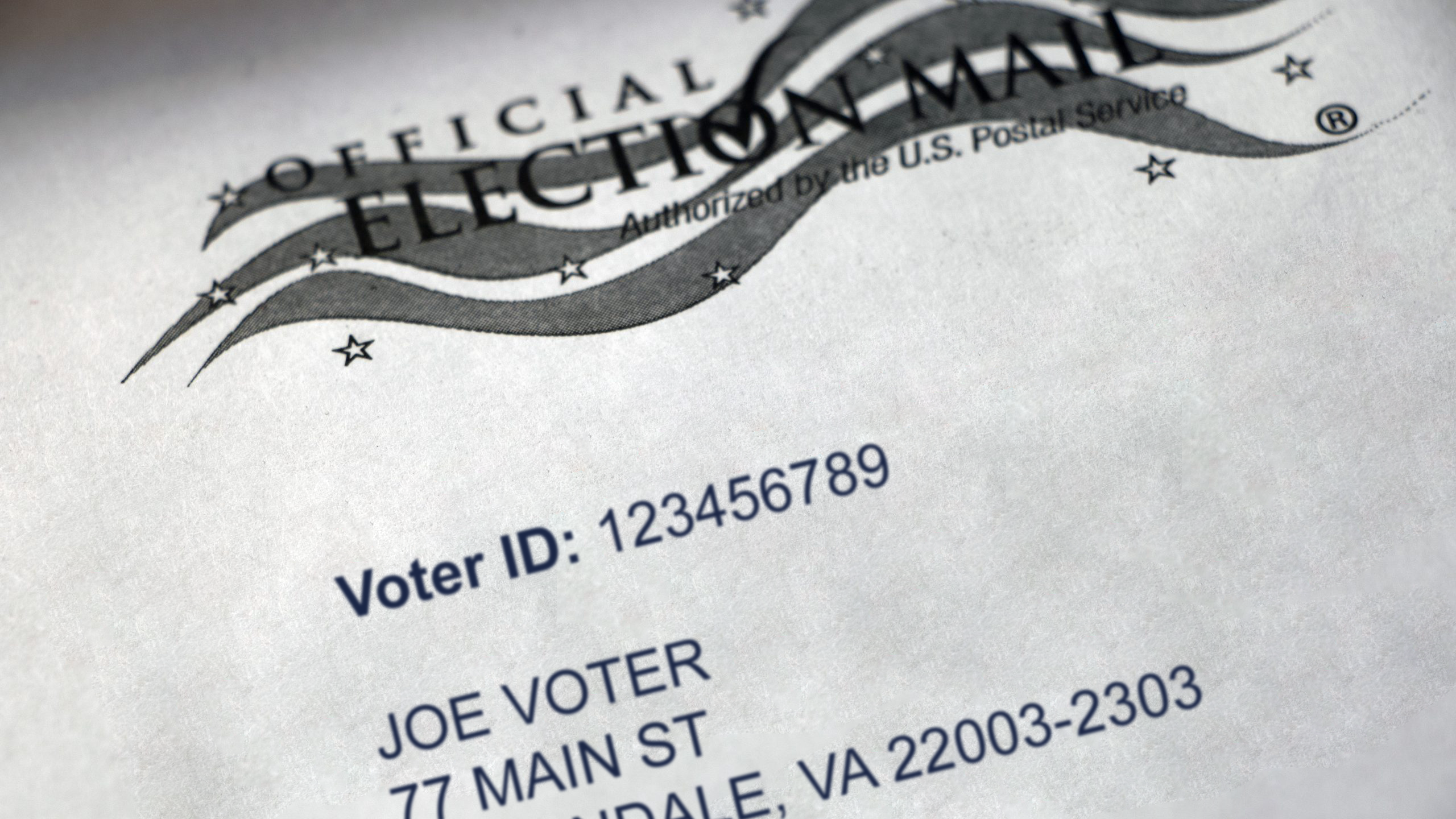
Andi Bayer | Election Integrity Working Group
Good news, Virginians! Virginia has withdrawn its membership from the Electronic Registration Information Center (ERIC), a non-profit, multi-state partnership that purports to keep voter rolls ‘clean and updated,’ but could better be defined as a partisan mass voter registration effort funded by unsuspecting taxpayers.
Virginia now joins seven other states (Louisiana, Florida, Missouri, West Virginia, Alabama, Ohio, and Iowa) which have also terminated their contracts with ERIC over the last few months. Texas is also considering withdrawing, and North Carolina had been considering joining, but recently changed course.
Virginia was one of the first states to join ERIC when it was founded in 2012 by David Becker – a highly partisan and controversial figure – with funding from the Soros Open Society. In fact, ERIC’s founder David Becker stated in 2018 that ERIC “is the single most effective voter registration drive in the history of the United States.”
To be clear, ERIC is a non-governmental, non-profit corporation organized and operated outside the Commonwealth of Virginia, and the structure of ERIC intentionally provides no transparency or accountability to its member states who must fund the operation. Participation with ERIC requires member states to pay a one-time $25,000 entrance fee to join in addition to annual dues based on each state’s voting-age population, for which Virginia paid $39,000 annually.
Under its contract with ERIC, Virginia was obligated to share with ERIC the personally identifiable information (PII) of every active and inactive registered voter, including minors ages 16 and older, as well as non-registered citizens. The data was provided to ERIC via the Department of Elections, Department of Motor Vehicles (DMV), and numerous state public assistance agencies. However, ERIC was not required to reciprocally share its amassed voter registration data with its member states in order to clean the voter rolls. Since its inception, ERIC has produced only one annual report in 2017 despite promises to produce more.
Further, it was discovered that ERIC does share the proprietary data it receives with the Center for Election Innovation and Research (CEIR) which is another 501(c)(3) left-wing organization also founded and run by ERIC’s highly partisan originator. Additionally, ERIC provides no information or transparency as to how such data is transferred or stored, with whom the data is shared, as well as the algorithms it or CEIR uses for identifying eligible but unregistered voters (EBUs), much less the types of other analytics performed on the garnered records.
In fact, ERIC has allegedly misrepresented its office location and intertwined relationship with the CEIR, and only has a handful of employees to manage its now accrued 350 million records of voters, EBUs, individuals approaching voter age, and non-citizens.
Notably, the ERIC contract also required the Virginia Department of Elections (commonly known as ELECT) to contact 95 percent of the EBUs identified by ERIC and CEIR for voter registration purposes at taxpayer expense. Unlike voter roll maintenance, however, states are not mandated by law to perform mass voter registration drives, and for good reason. Instead, the rightful responsibility of the states, as defined by law, is to ensure that sufficient, understandable, and easily accessible opportunities exist for citizens to register to vote online and via the DMV and other state agencies providing public services and assistance.
As for ERIC’s claims that it reduces states’ voter roll maintenance workload and improves voter roll accuracy, we also know that 19,000 deceased voters (dating back to 1960) were recently identified by the Virginia Department of Elections, not ERIC, and these records were appropriately removed.
Now, Virginia is leaving ERIC for multiple reasons as noted in Commission Beals’ letter:
Below is an excerpt of Election Commissioner Susan Beals’ letter to ERIC signaling withdrawal:
In recent years, ERIC has increasingly engaged in efforts outside of list maintenance and has elevated the voice of a partisan non-voting board member. Virginia participated in efforts to reform ERIC in order to return the focus of the organization back to its goal of improving electoral integrity through list maintenance. When reform efforts failed and several states left the organization, it became clear that Virginia’s return on investment in ERIC was decreasing.
After carefully evaluating Virginia’s relationship with ERIC, I hereby notify you that Virginia is terminating its membership with ERIC for the following reasons: Mandatory activities required by the membership agreement, such as the Eligible but Unregistered mailing, which are unrelated to list maintenance require the expenditure of hundreds of thousands of dollars in state funds. A review of Virginia’s participation in that mailing also revealed that this requirement involved a third-party group and the sharing of data with that group for research purposes in 2020.
Seven member states have resigned from ERIC, resulting in the announcement that the upcoming year’s budget will require a significant dues increase for remaining members. In addition to an increase in dues, Virginia will see a declining benefit as the state will have access to a reduced amount of states’ data.
The Fairfax GOP commends Virginia Governor Glenn Youngkin, Attorney General Jason Miyares, Elections Commissioner Susan Beals, and the Virginia Board of Elections for their decision to withdraw from ERIC.
Andi Bayer co-chairs the Election Integrity Working Group, a volunteer-run project of the Fairfax GOP.